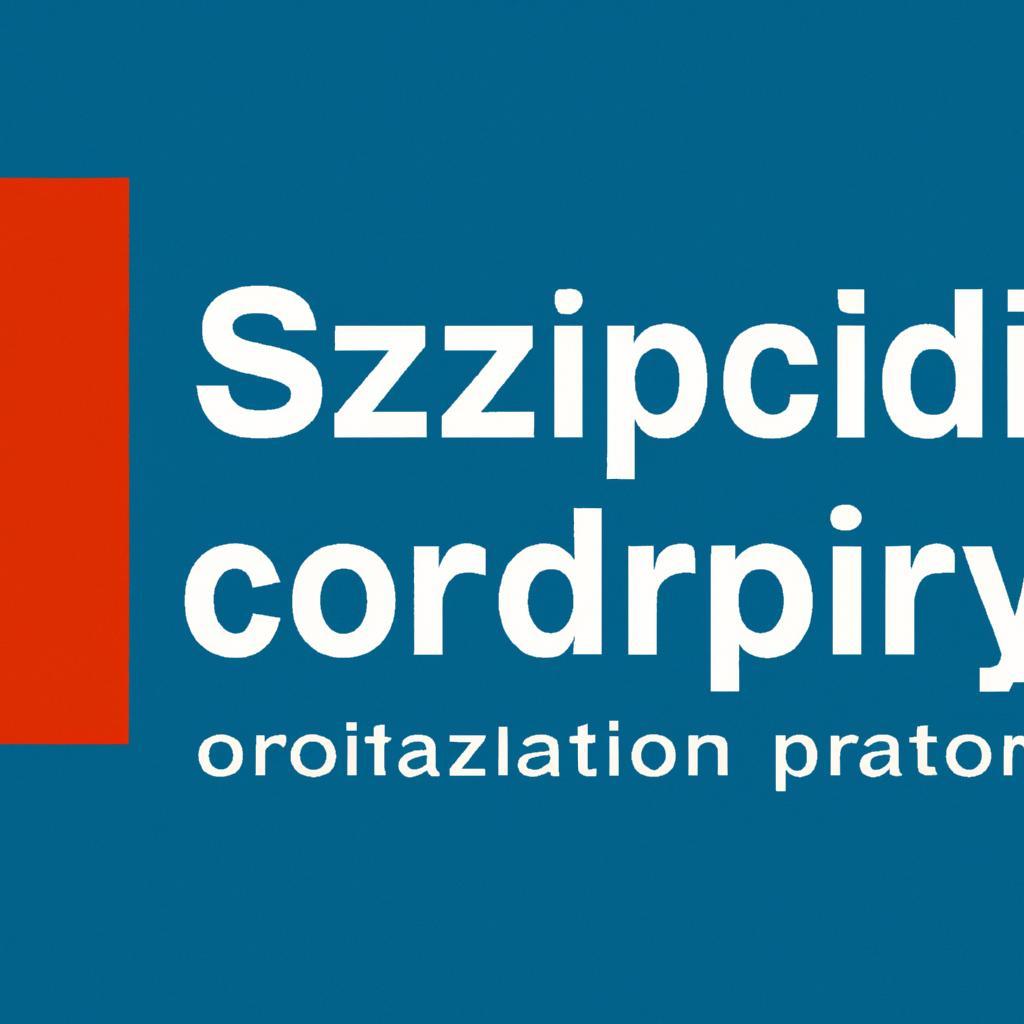In an increasingly interconnected world where brands are both global players and local stewards, the importance of safeguarding brand integrity has never been more pronounced. At the heart of this integrity lies a fundamental yet often overlooked principle: the respect for zip code protections. These provisions, designed to shield local businesses from external encroachment, serve not only as a barrier against unfair competition but also as a means of cultivating a community’s unique character. As marketers and business leaders navigate the delicate terrain of consumer trust and loyalty, understanding and honoring these geographical nuances becomes essential. This article delves into the significance of zip code protections, illustrating how they not only fortify brand integrity but also contribute to the vibrant tapestry of local economies. Through a thoughtful examination of this critical aspect of brand management, we aim to shed light on the symbiotic relationship between corporate responsibility and community respect—an alliance that ultimately defines the future of sustainable business practices.
Understanding Zip Code Protections and Their Role in Brand Integrity
Zip code protections serve as a crucial barrier against unauthorized use of brand names, ensuring that businesses maintain control over their reputations and market presence. By designating specific zip codes for their operations, brands are able to safeguard against infringements and counterfeiting in particular geographical areas. This practice not only helps to prevent market dilution but also reinforces consumer trust. When customers recognize that a brand is committed to protecting its territory, they are more likely to feel confident in their purchasing decisions, further solidifying brand loyalty.
Moreover, understanding and respecting these geographical distinctions can create a more equitable marketplace. Companies that operate within designated zip codes benefit from exclusivity, which incentivizes them to maintain high standards of service and product quality. This reciprocity not only enhances consumer experience but also fuels competition, pushing brands to innovate and elevate their offerings. The following points highlight the benefits for both companies and consumers:
- Enhanced Brand Loyalty: Consumers are drawn to brands that demonstrate a commitment to protection and integrity.
- Market Clarity: Distinct zip code allocations simplify consumer choices, allowing them to trust local offerings.
- Innovation Incentives: Brands are encouraged to improve their products and services to maintain competitive edges.

Navigating Legal and Ethical Considerations for Responsible Marketing
In the ever-evolving landscape of marketing, understanding the legal and ethical frameworks governing promotional activities is paramount. Organizations must recognize the significance of zip code protections, which safeguard sensitive demographic information and prevent discriminatory practices. Ignoring these laws not only jeopardizes consumer trust but also risks heavy penalties. By adhering to these regulations, brands can cultivate relationships built on transparency and respect, allowing them to resonate more authentically with their target audiences.
To ensure compliance and maintain ethical marketing practices, businesses should implement a set of guiding principles, such as:
- Transparency: Clearly communicate how consumer data is being used.
- Informed Consent: Obtain explicit permission before utilizing customer information.
- Equitable Access: Ensure that marketing efforts do not reinforce existing disparities.
- Consumer Advocacy: Prioritize consumer interests and concerns in all marketing strategies.
Moreover, companies can benefit from regular assessments of their marketing strategies through structured evaluation tables that highlight compliance with legal standards and ethical norms. For example, consider the following table:
| Evaluation Criteria | Compliance Status | Next Steps |
|---|---|---|
| Adherence to Zip Code Regulations | ✔️ Compliant | Maintain ongoing monitoring |
| Data Privacy Practices | ❌ Needs Improvement | Revise privacy policy |
| Ethical Advertising Techniques | ✔️ Compliant | Continue best practices |
By systematically reviewing and addressing these aspects, brands can strengthen their commitment to ethical marketing while also safeguarding their integrity in the eyes of consumers.

Strategies for Upholding Brand Trust through Respecting Geographic Boundaries
To foster unwavering brand trust, businesses must adopt strategies designed to respect the unique cultural and economic landscapes of different geographic regions. This involves recognizing the regulatory frameworks and consumer sensitivities that vary significantly from one locale to another. By understanding these distinctions, brands can tailor their messaging and offerings to align with the local values, ensuring greater receptivity and loyalty among customers. Some effective strategies include:
- Localized Marketing: Craft marketing initiatives that resonate with the local community, incorporating regional symbols, languages, and trends.
- Community Engagement: Invest time and resources in local partnerships and sponsorships to demonstrate commitment to the area.
- Feedback Mechanisms: Establish channels for local customers to provide insights, ensuring their voices are heard and valued.
- Compliance with Regulations: Stay informed about local laws and restrictions that may impact your operations and marketing efforts.
Moreover, implementing data privacy practices according to local standards can significantly enhance brand integrity. This requires a clear understanding of geographic-specific data protection laws, such as the GDPR in Europe and various state-level regulations in the U.S. Utilizing a structured approach enables companies to build credibility with their consumers. Below is a simple table highlighting some key geographic considerations:
| Region | Key Consideration | Example |
|---|---|---|
| Europe | Data Protection | Compliance with GDPR |
| California | Consumer Privacy | Adhering to CCPA |
| Asia | Cultural Sensitivity | Respecting local customs in branding |
Wrapping Up
As we draw the curtain on our exploration of safeguarding brand integrity through the lens of zip code protections, it becomes clear that the intersection of geography and commerce is not merely a matter of boundaries, but one of principles. The safeguarding of brands against unauthorized use and misrepresentation is crucial in maintaining the trust of consumers and preserving the authenticity of regional identities. In our increasingly interconnected marketplace, respecting zip code protections is more than a legal obligation; it is a pledge to uphold the values and narratives that define a brand’s essence. As businesses navigate this landscape, they must not only consider the legal ramifications but also the ethical dimensions of their responsibilities.
Ultimately, the importance of zip code protections resonates beyond mere compliance—it speaks to the heart of brand loyalty and consumer confidence. As we look to the future, let us advocate for a commerce landscape where integrity reigns supreme, ensuring that the stories behind every brand, rooted in their unique locales, continue to thrive and inspire. In a world where every transaction is a testament to trust, respecting these boundaries will pave the way for brands to flourish, fostering relationships built on authenticity and respect.
